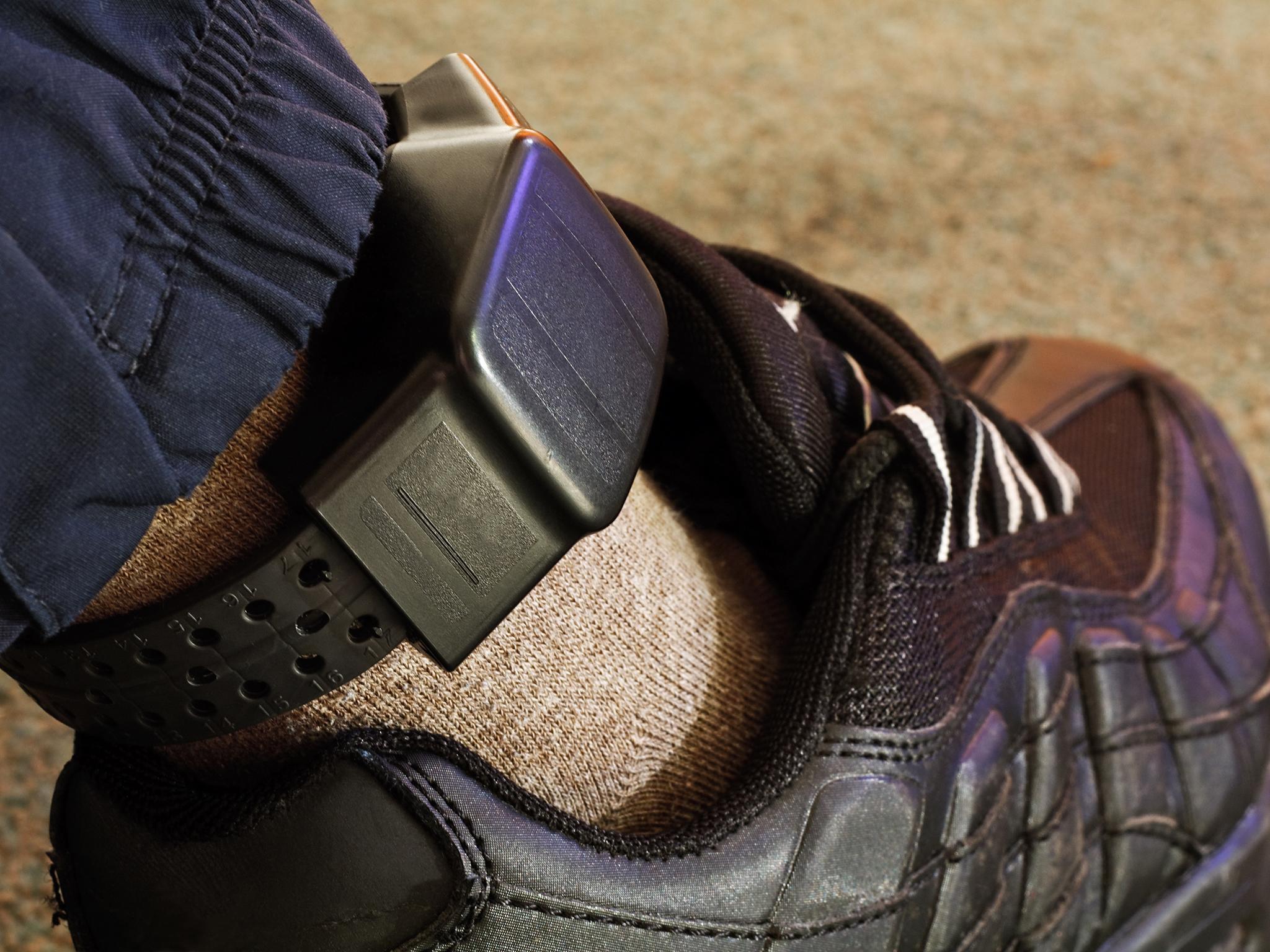Yes, stalkers should be tagged to monitor their movements – the scheme should be rolled out across the UK
Perpetrators are delusional fantasists, and victims often never feel alone or safe


The Metropolitan Police are the first force in the world to set up a specialised unit to deal with the horrendous crime of stalking. This modern plague brings misery to innocent victims – and it’s booming. Reported incidents have doubled in a year and the police say only one in 100 cases ever come to their attention. The stuff that’s made our lives so much easier for shopping and maintaining friendships turns out to be the perfect weaponry for the modern stalker, who can set up fake Twitter, email and Facebook accounts and bombard their victims day and night without ever leaving home.
The Met plans to harness new technology to electronically tag known stalkers, which would alert victims if they are nearby. An excellent plan – even if it is only available in London – but victims will still be anxious about the length of time a busy police force will take to respond. Tagging won’t remove the constant fear and won’t deter obsessive perpetrators. The National Stalking Centre – run by the NHS – says one in four cases involve mental illness.
Stalking is a complex crime, and victims can be spied on, followed, and never, ever feel alone or safe. Perpetrators are delusional fantasists, who often lead normal lives when they are not pursuing their chosen targets. They might not resort to physical violence, employing aggressive threats, but the impact on victims is profound – broadcaster Emily Maitlis said “it feels like having a chronic illness… so tiring”.
For over 25 years, her family have had their lives blighted by a man she met at university, Edward Vines. In 2016, he was sentenced to three years in jail for breaking restraining orders. The minute he was released, he was back. He says he will not give up. Earlier this year, Vines received another sentence of three years and 9 months for breaching restraining orders.
Lily Allen was stalked by Alex Gray for 7 years, and he even broke into her house. Now he has been detained indefinitely under the Mental Health Act. Nicola Roberts from Girls Aloud suffered five years of abusive messages from a former boyfriend, who threatened to stab and burn her and had set up 35 fake social media accounts. There are plenty of high profile actors who attract stalkers – Eddie Redmayne had one for five years, Kym Marsh from Coronation Street endured a stalker for seven years who even impersonated her daughters. These cases attract media attention because the victims are famous but are plenty of equally distressing stories involving normal people trying to get on with their lives, whose relationships have broken down.
Men who feel jilted or discarded increasingly turn to stalking for revenge. This week, businessman Ross Cairns was convicted of stalking his estranged wife Catherine by hacking into their home security system to listen to her conversations. When she changed the password, he still managed to access it remotely. He hacked her Facebook account and an online dating website, posting obscene messages.

Anne Marie Birch was killed by her ex-husband after she had warned the police nine times that he was harassing her. Although the sentence for stalking in England and Wales has been doubled from five years to 10 and those for offences involving religion or racial threats have been increased to 14, that will not necessarily deter a stalker. If a Stalking Protection Order is imposed, often that has to be breached on more than one occasion before the perpetrator is sent back to jail.
Because the perpetrators are mentally ill, many do not believe they are committing any crime. The new Met stalking unit – a long-overdue initiative – brings together detectives, mental health experts and psychotherapists to decide on the right course of action. A pilot scheme, it has only received funding for two years. Two other areas, Cheshire and Hampshire, have received limited funding to carry out similar work.
According to official figures, one in five women experience stalking during their lifetime – it’s almost entirely a male crime, although there have been examples of women fixated on men. Stalking is a secret crime as widespread and corrosive as domestic abuse – surely the government (led by a female prime minister) can fund more than a pilot scheme for Londoners and a part-time charity hotline?
Victims can call the National Stalking Helpline (run by the Suzy Lamplugh Trust), between 9.30am and 4pm, Monday to Friday
Join our commenting forum
Join thought-provoking conversations, follow other Independent readers and see their replies
Comments
Bookmark popover
Removed from bookmarks